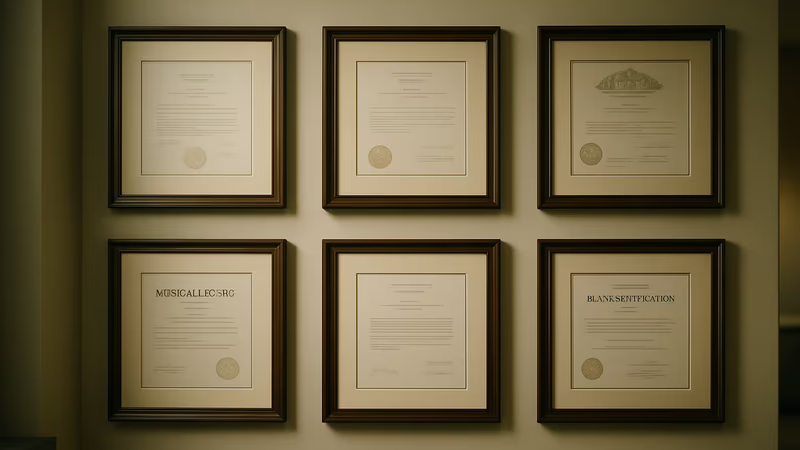Key Takeaway
New York no-fault insurance licensure requirements for healthcare providers under 11 NYCRR 65-3.16(a)(12) - compliance issues and billing eligibility analysis.
Veraso Med. Supply Corp. v Nationwide Ins., 2021 NY Slip Op 51167(U)(App. Term 2d Dept. 2021)
“At trial, defendant sought to prove that plaintiff, a medical supply company located in Brooklyn, New York, is not eligible to recover pursuant to 11 NYCRR 65-3.16 (a) (12), which states, insofar as is relevant here, that “a provider of health care services is not eligible for reimbursement under section 5102 (a) (1) of the Insurance Law if the provider fails to meet any applicable New York State or local licensing requirement necessary to perform such service in New York.” Contrary to plaintiff’s contention, the proof adduced at trial was sufficient to establish by a preponderance of the credible evidence that plaintiff had failed to comply with the [*2]local licensing requirements (see Administrative Code of City of NY § 20-425; 6 RCNY § 2-271). Plaintiff’s remaining contentions are raised for the first time on appeal and we decline to consider them.”
I look at these cases as plainly licensing cases. Compare these to cases where the Appellate Division held the self-referral provision of the PHL does not fit within “(a)(12)” or that a Mallela violation has to be willful and not just technical. I would like to say that services rendered by a practitioner with an accidentally expired license that is subsequently fixed would be treated as a “dejure” corporation and, if fixed, able to bill. But I know that is not the answer, why?
But does anybody remember this beauty: Hu-Nam-Nam v New York Cent. Mut. Fire Ins. Co., 54 Misc. 3d 43 ). “An individual … who is an employer or who is engaged in a trade or business as a sole proprietor should use an employer identification number” (26 CFR 301.6109-1 ), since an employer identification number is required if the taxpayer “ay wages to one or more employees” (Internal Revenue Service Publication No. 334 , ch 1 ). Thus, it is permissible for a billing provider operating [*45] as a sole proprietor to use his or her own Social Security number on the claim form if it is the billing provider who rendered the services in question. However, where, as here, a doctor bills for services rendered by a treating provider in that doctor’s employ, it is impermissible for the doctor [***3] to bill using his or her own Social Security number.
As defendant demonstrated that the claim form submitted by plaintiff was for services performed by plaintiff’s employee, that the claim form was submitted under plaintiff’s Social Security number, and that the denial of claim form based upon improper billing was mailed within 30 days of defendant’s receipt of the claim form, defendant established its entitlement to summary judgment.”
There you go.
Related Articles
- Understanding the CPLR 3212(g) paradigm for summary judgment motions
- Key amendments to New York no-fault regulations and their implications
- No-fault verification requirements and compliance standards
- Understanding CPLR 3212(a) timing rules for summary judgment motions
- New York No-Fault Insurance Law
Common Questions
Frequently Asked Questions
What is New York's no-fault insurance system?
New York's no-fault insurance system requires all drivers to carry Personal Injury Protection (PIP) coverage. This pays for medical expenses and lost wages regardless of who caused the accident, up to policy limits. However, you can only sue for additional damages if you meet the 'serious injury' threshold.

